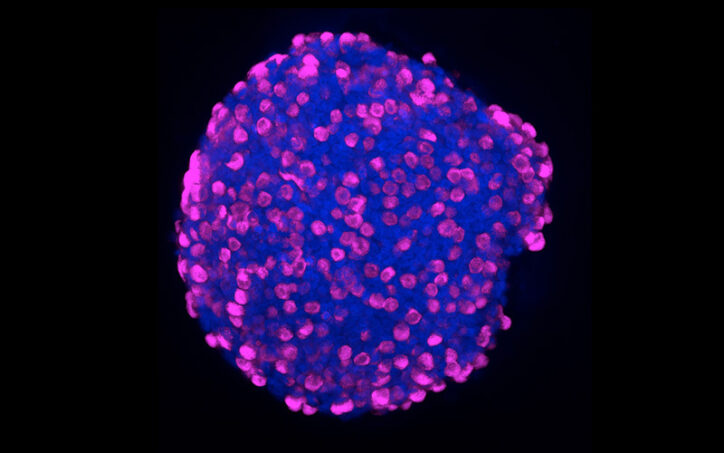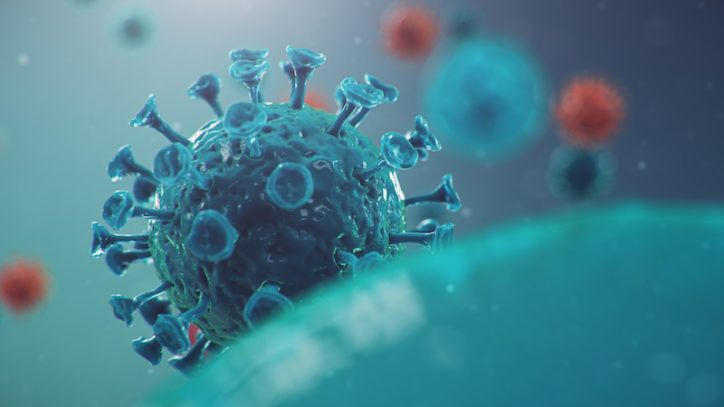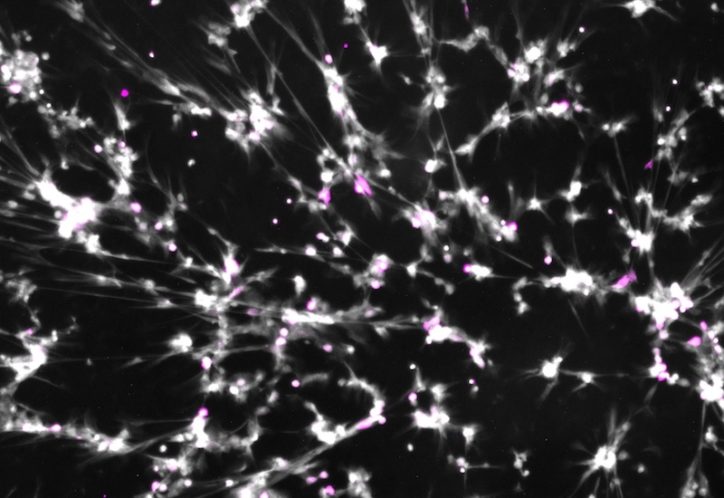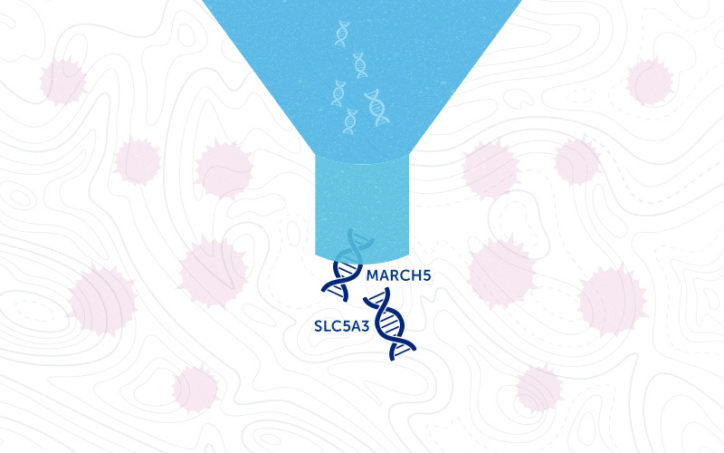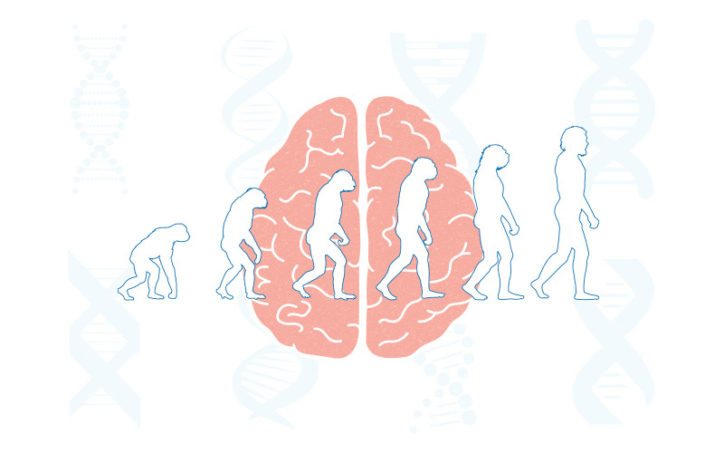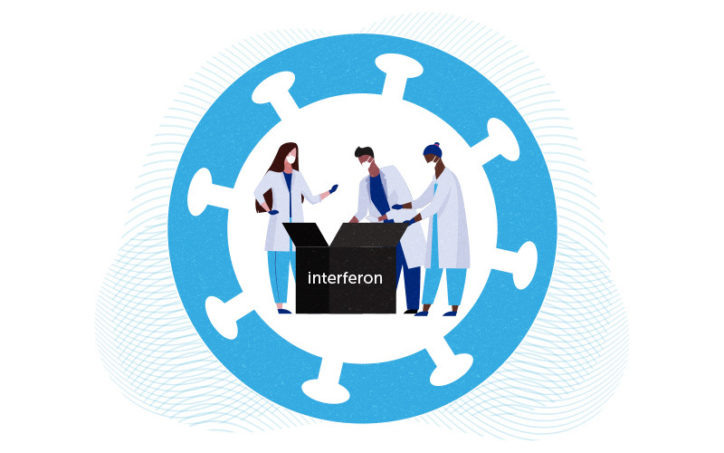Can we harness intestinal cells to treat endocrine disorders?
Enteroendocrine cells punch above their weight. Comprising just about 1 percent of intestinal cells, they produce, as a group, around 15 different hormones. These not only regulate intestinal function and digestion, but also influence metabolic functions like insulin secretion and appetite regulation. A new technology platform developed at Boston Children’s could set the stage for ... Read More about Can we harness intestinal cells to treat endocrine disorders?
Emerging protein-based COVID-19 vaccines could be game-changing
Current messenger RNA vaccines appear to offer at least some protection against new SARS-CoV-2 variants, including Omicron, especially for people who have received boosters. But manufacturing costs and the need for ultra-cold refrigeration have limited availability of these vaccines in low-and middle-income countries. That’s where emerging protein-based COVID-19 vaccines — including two candidates developed at ... Read More about Emerging protein-based COVID-19 vaccines could be game-changing
Preventing leukemia by preventing rogue blood cells from taking over
As we age, many of us acquire mutations that cause some of our blood stem cells to multiply faster than others, forming their own distinct populations or “clones.” This is known as clonal hematopoiesis. In some cases, a single clone originating from a single genetically altered or mutated stem cell can expand to comprise up ... Read More about Preventing leukemia by preventing rogue blood cells from taking over
Diving deep on epilepsy genetics
When child neurologist Annapurna Poduri, MD, MPH finished her clinical epilepsy fellowship at Boston Children’s Hospital in 2004, she was struck to find that the genetic understanding of epilepsy had changed little in the decade since she started medical school. Many questions were unanswered — and some weren’t yet being asked. Existing treatments were still ... Read More about Diving deep on epilepsy genetics
What makes the Delta variant of COVID-19 so contagious?
The Delta variant of SARS-CoV-2 has swept the planet, becoming the dominant variant within just a few months. A new study from Boston Children’s Hospital, published in Science, explains why Delta spreads so easily and infects people so quickly. It also suggests a more targeted strategy for developing next-generation COVID-19 vaccines and treatments. Last spring, ... Read More about What makes the Delta variant of COVID-19 so contagious?
New research NETs a fresh angle for treating severe inflammation
As we’ve seen during the COVID-19 pandemic, serious infections sometimes trigger an excessive inflammatory reaction that does as much harm — or more — than the infection itself. New research at Boston Children’s Hospital and Brigham and Women’s Hospital suggests a potential way to block this hyperinflammation response by repurposing or modifying an existing drug. ... Read More about New research NETs a fresh angle for treating severe inflammation
Finding new targets for acute myeloid leukemia in children
Acute myeloid leukemia (AML) is the second most common leukemia diagnosed in children. It is hard to treat and can be fatal in some cases. While there have been some recent successes with genetically targeted therapies for adults, AML has different genetic features in children, and care has been slow to advance. “The state of ... Read More about Finding new targets for acute myeloid leukemia in children
‘Human accelerated regions’: How they make our brains uniquely human
Starting when humans diverged from chimpanzees some 5 to 6 million years ago, we’ve evolved in our uniquely human fashion thanks to changes in our genome. And certain parts of the human genome, known as human accelerated regions or HARs, have evolved especially rapidly. Intriguing new work led by Christopher Walsh, MD, PhD, of Boston ... Read More about ‘Human accelerated regions’: How they make our brains uniquely human
Unpacking the body’s interferon response to COVID-19
Interferons are potent natural antivirals, rallying other parts of the immune system to defend against viruses. Some clinical trials have tested interferons as a treatment for COVID-19, but results have been mixed. And the science has been unclear about whether interferons are helpful or harmful. Key takeawayAn early, protective interferon response in the upper respiratory ... Read More about Unpacking the body’s interferon response to COVID-19
RNA-modifying protein offers a possible lead for treating aggressive cancers
A protein that modifies RNAs, called METTL1, could be a target for treating some aggressive, difficult-to-treat cancers, suggests new research in Molecular Cell. The study provides evidence that blocking METTL1 curbs cancer cells’ ability to grow, selectively killing them, and the researchers believe it could be targeted with drugs. METTL1 and related proteins had previously ... Read More about RNA-modifying protein offers a possible lead for treating aggressive cancers


